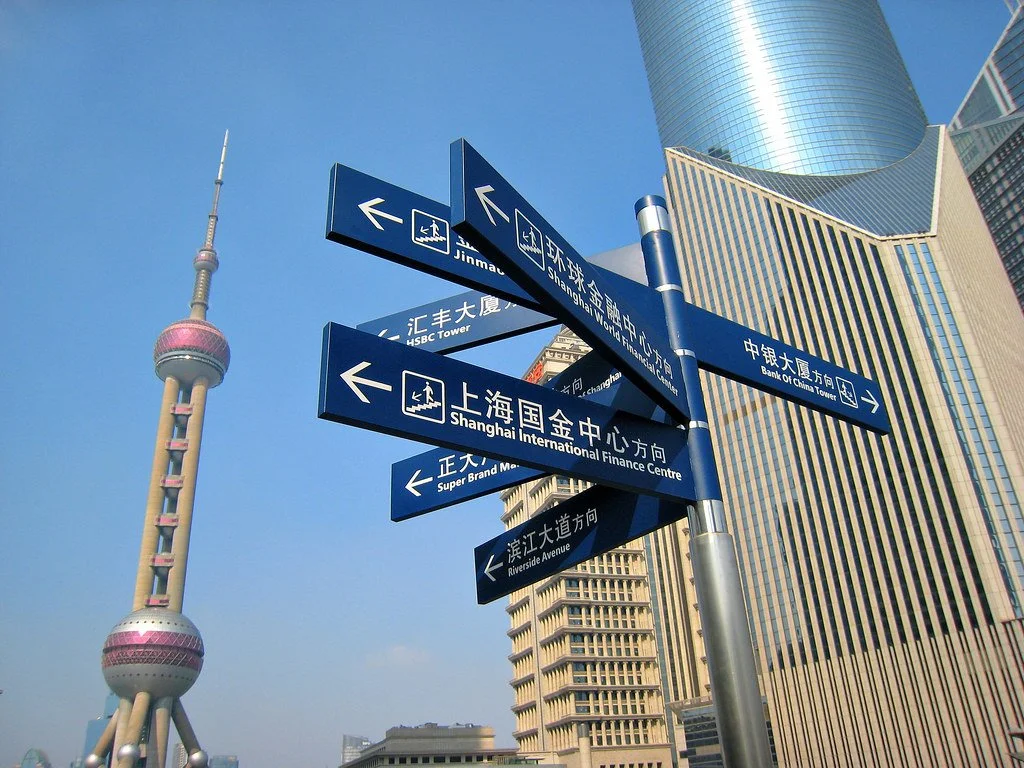Salar Ghahramani argues that while the United States does not currently have a sovereign wealth fund, it would be a great economic tool and a formidable foreign policy instrument. The fund could act as a catalyst for growth, peace, and stronger alliances.
Read MoreThe article explores Theodore Roosevelt's naval diplomacy, highlighting two key examples: the preemptive strike in Manila Bay during the Spanish-American War and the peaceful yet powerful Great White Fleet voyage. Both of these incidents demonstrate how strategic military preparedness and assertive yet patient diplomacy can prevent conflicts.
Read MoreMarina Carneiro de Castro examines the United States’ ongoing blockade of the WTO Appellate Body and its effects on global trade.
Read MoreHershel Tamboli examines the strategic role of genomic data in U.S.-China competition and recommends steps to navigate this and secure future U.S. innovation in biotechnology.
Read MoreDarryl Alexander argues that the newfound global condemnation of unjustified military force by Russia against Ukraine provides the United States with an opportunity to reaffirm its dedication to a multilateral order that prioritizes diplomacy over militarism.
Read MoreCultivating leaders who value fundamental human rights and dignity should be the teaching and practicing model at the Jackson School of Global Affairs and beyond, argues Rayhan Assat.
Read MoreHow can governments and funders combat the global education crisis caused by the COVID-19 pandemic? Piper O’Keefe argues that the key is to invest more resources in teachers—not simply ask more of them.
Read MoreA citizen wealth fund could be the right antidote to Mexico's impoverishing populism, argues Martin Rodriguez Rodriguez.
Read MoreTo what extent should foreign and internal policies be aligned? Daniela Philipson Garcia and Ana Velasco analyze Mexico’s feminist foreign policy.
Read MoreJasper Vaughn assesses the current state of IRF in U.S. foreign policy and recommends a more equitable and effective approach to international religious freedom.
Read MoreJean Vilbert explores how Latin American governments can harness regulatory dynamism to attract foreign direct investment (FDI).
Read MoreWhat does the decoupling of the Chinese and U.S. economies really mean? Brian Wong reviews James Fok’s Financial Cold War.
Read MoreDiego Marroquín Bitar proposes three ways the United States and Mexico can develop a dynamic and mobile labor force.
Read MoreBy looking to Argentina, the U.S. could improve its asylum system and greatly reduce its costs, argues Liam Comer-Weaver.
Read MoreThe Organization of American States is an important forum, but something needs to change, writes Ethan D. Ayala.
Read MoreCongress can bring the policy into the twenty-first century by removing the president’s sole control of nuclear weapons and eliminating U.S. land-based nuclear forces, argues Alexandra Chandler.
Read MoreBrianda Romero Castelán reviews Joanne Meyerowitz’s A War on Global Poverty, a timely addition to the literature on gender and development.
Read MoreLópez Obrador’s credibility and legacy will be determined by his response to the Ayotzinapa case, seven years ago. Olivia Mozdzierz explains why.
Read MoreHundreds of thousands of American firearms are smuggled into Mexico each year. Mexican diplomat María Rodríguez-Domínguez explains how the two countries can confront the illicit trade.
Read MoreBy Nellie Petlick
Yale Jackson graduate student Nellie Petlick explores how the United States could reinvent its public diplomacy strategy to directly address topics of race and racism abroad.
Read More

















